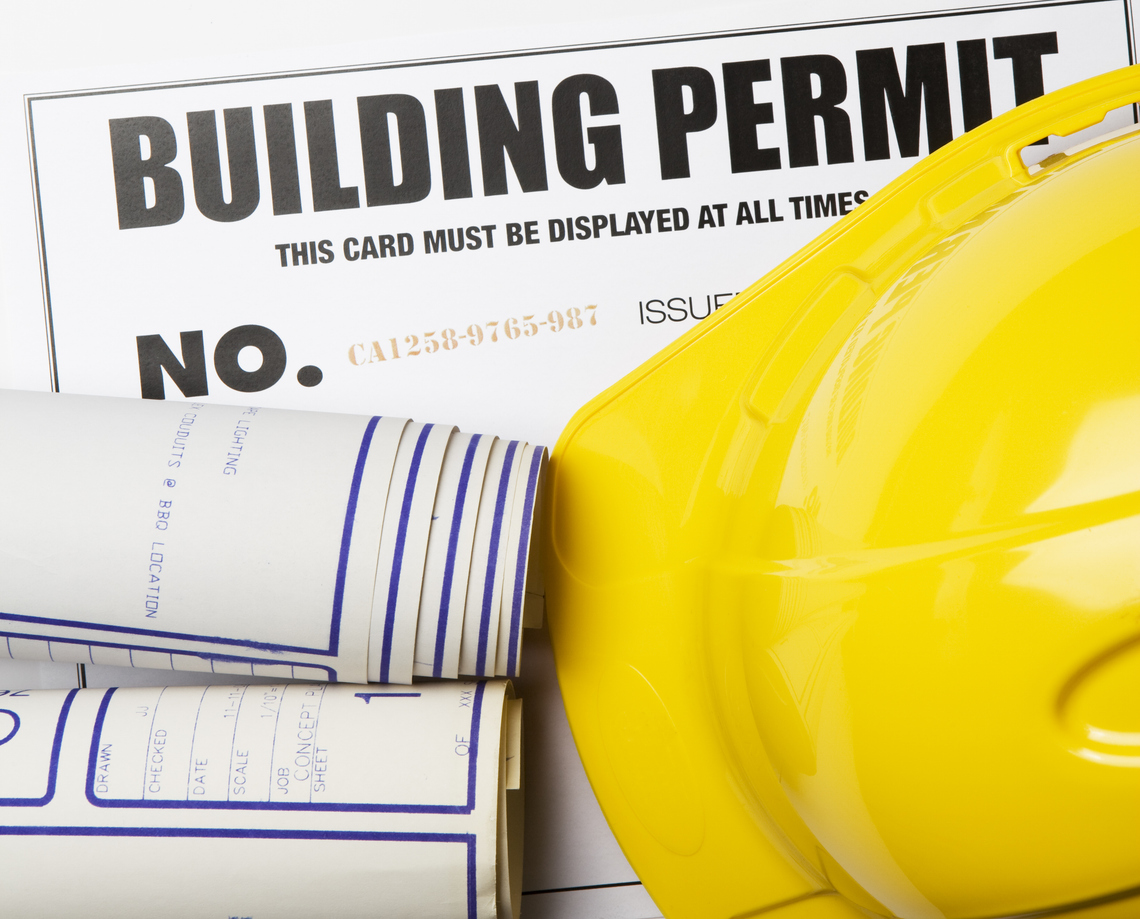In most states, insurance adjusters must be licensed. Florida’s licensing laws allow for adjusters to be licensed as company adjusters, independent adjusters, and public adjusters. But are policyholders aware of the difference between these adjusters?
If you have been reading my Saturday posts, you have likely read many of the stories and cases involving public insurance adjusters. A person who holds a public insurance license works for policyholders only; they do not work for insurance companies, have no ties to insurance companies, and are not getting assignments from insurance companies. Public insurance adjusters assist policyholders with property insurance claims and are hired by the policyholders directly to present and handle the claim on their behalf.
When a policyholder has a claim, they are required to promptly notify the insurance company of the loss. Typically, the insurance company will respond by sending an adjuster to the property. The adjuster assigned to the claim by the insurance company may be a company adjuster or an independent insurance adjuster, but that adjuster is working for the insurance company.
When the adjuster comes from the insurance company, policyholders should be aware that this person works for the insurance company and is paid by the insurance company regardless of how your claim is handled. Policyholders should not be confused by the title of the adjuster. If the adjuster who comes to the home or the business and introduces himself or herself as an Independent Insurance Adjuster, this does not mean the person is available to work for you as a policyholder. An independent insurance adjuster is independent because they can work for multiple insurance companies at one time.
In Florida, an independent adjuster does not and cannot work on behalf of the policyholder.
Florida Statute § 626.855 defines independent adjuster:
An “independent adjuster” means a person licensed as an all-lines adjuster who is self-appointed or appointed and employed by an independent adjusting firm or other independent adjuster, and who undertakes on behalf of an insurer to ascertain and determine the amount of any claim, loss, or damage payable under an insurance contract or undertakes to effect settlement of such claim, loss, or damage.
Public adjuster Gary Thompson, of Innovative Public Adjusters, encourages policyholders to always request a business card from independent and company adjusters and to ask these questions:
- Who does the adjuster work for and to whom does he report? Get names.
- Is he or she familiar with your insurance policy? Do they have a copy with them?
- What have they been asked to do in connection with your claim?
- Do they have authority or the ability to resolve the claim with you directly?
- Will the adjuster send information from the visit to the insurance company?
- When will this information be submitted and what happens next?
- Does the adjuster need any information from you?
You may be surprised by the answers to the questions. And if the adjuster seems to avoid answering these questions or does not answer them to your satisfaction, policyholder should be aware that in a majority of states they can hire a public adjuster to work on their behalf presenting and pursuing the claim with the insurance company. While this may be your first claim, an experienced public adjuster professionally handles various types of losses and knows what is acceptable and unacceptable in connection with a claim evaluation by your insurance company.
Next week, look for more discussion on the role of the independent adjuster and their ability to bind insurance companies in negotiations and decisions.



